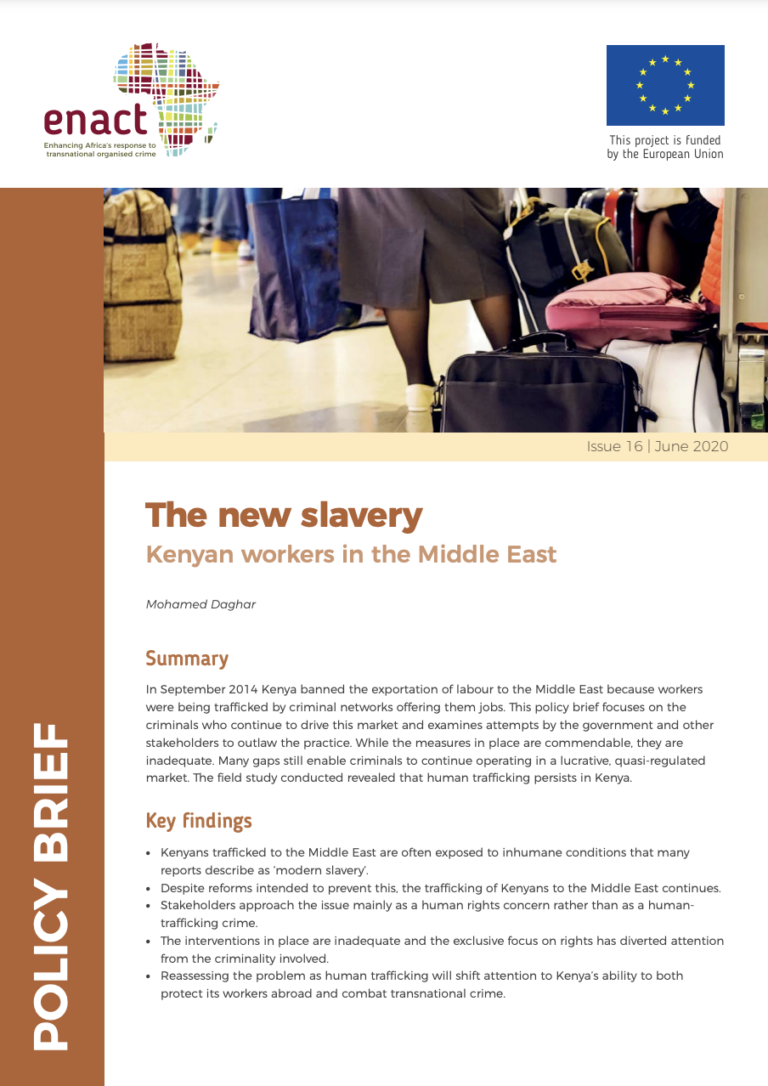Too Weak for the Job: Corporate Codes of Conduct, Non-Governmental Organizations and the Regulation of International Labour Standards
PublicationsThe shift of economic production from higher labour standard regimes in the global North to lower standard regimes in the South is undermining enforcement of global labour standards. Responding to criticisms from the ‘anti-sweatshop’ movement, c...Read More

